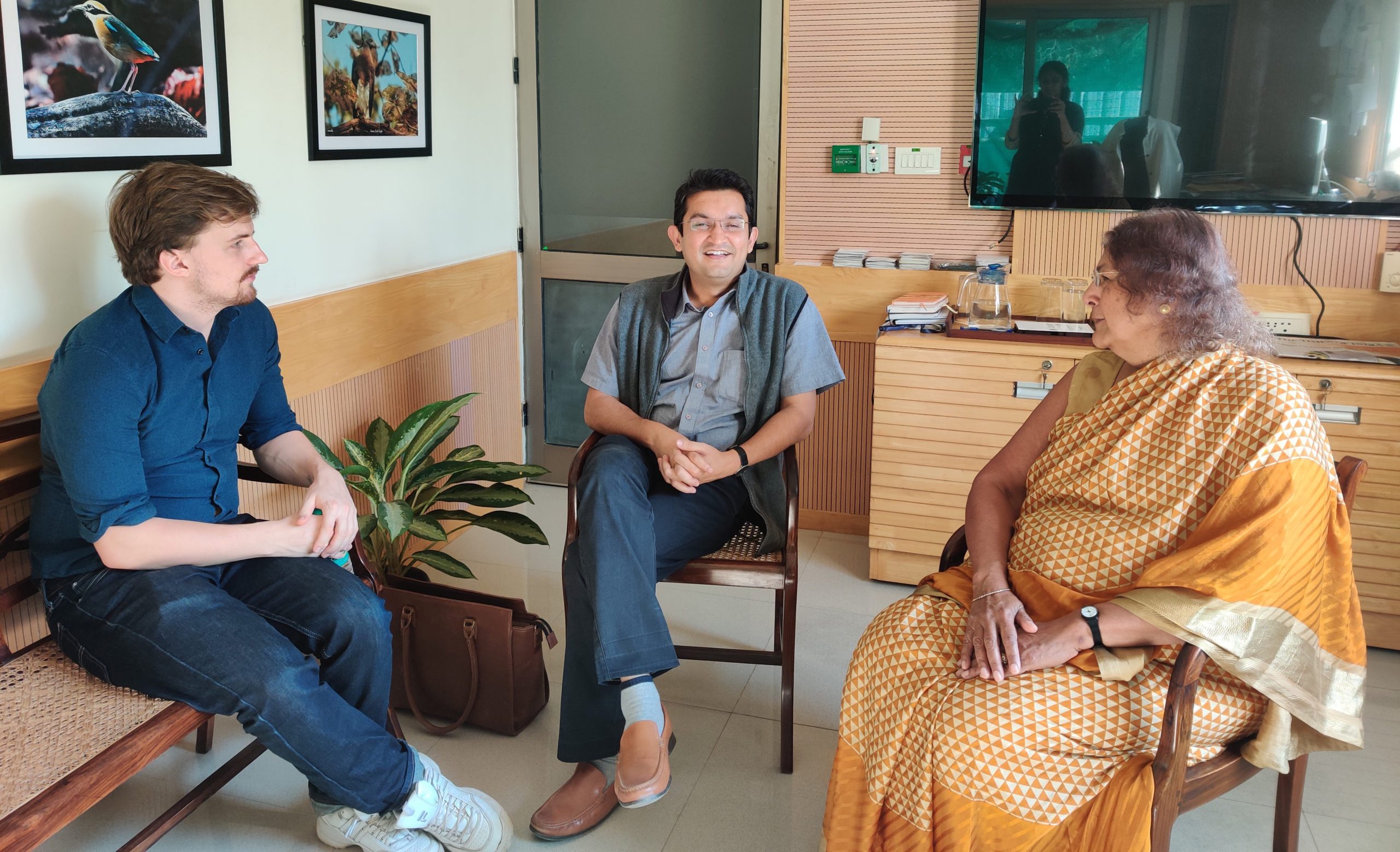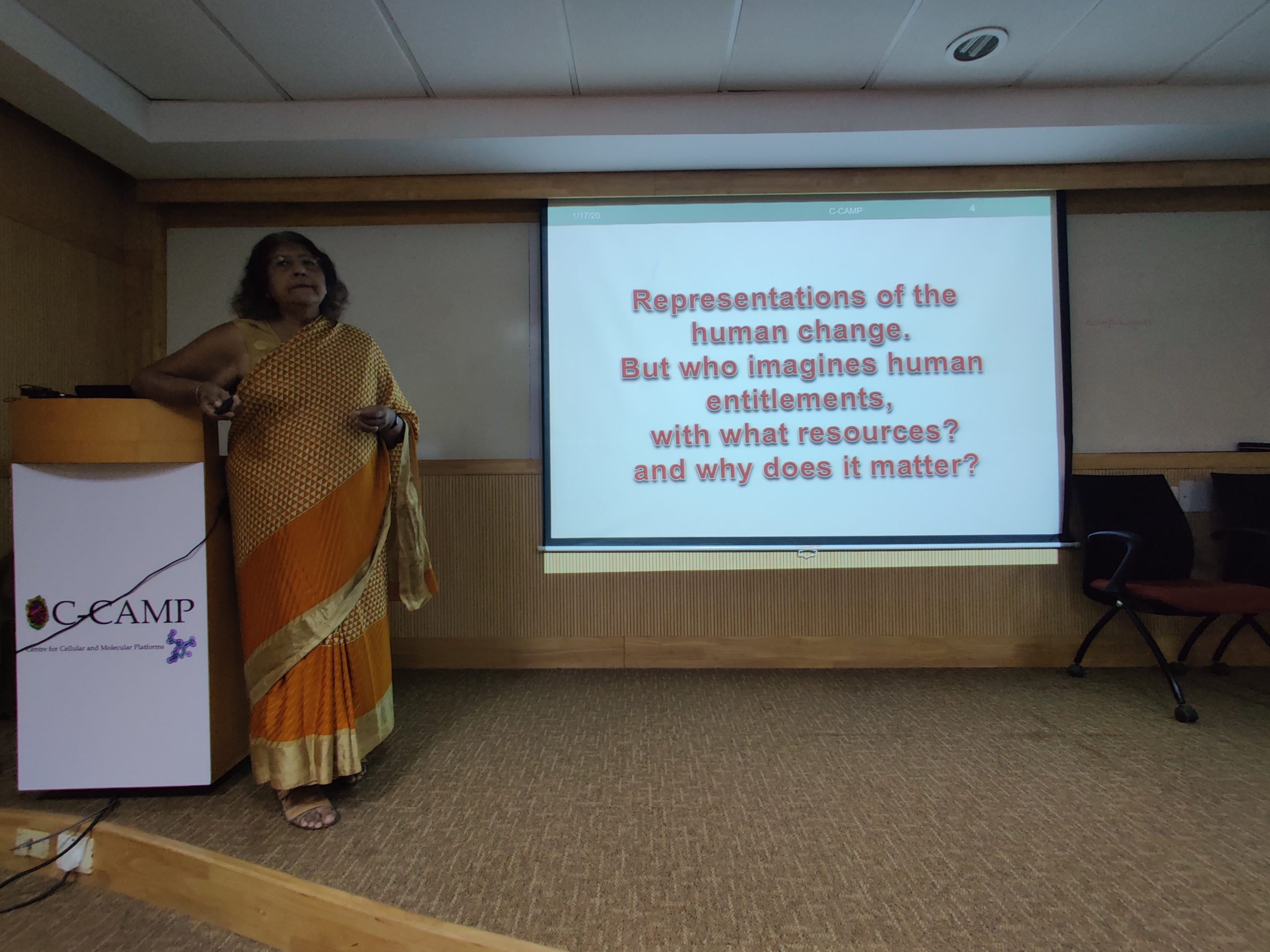
Since the discovery of the structure of DNA and the birth of the genetic age, a powerful vocabulary has emerged to express science’s growing command over the matter of life. Armed with knowledge of the code that governs all living things, biology and biotechnology are poised to edit — even rewrite — the texts of life to correct nature’s mistakes. Yet, how far should the capacity to manipulate what life is at the molecular level authorize science to define what life is for?
Professor Sheila Jasanoff, Pforzheimer Professor of Science and Technology Studies at the Harvard Kennedy School, recently traveled to Bangalore to give a talk on her latest book that delves into these issues. The book, Can Science Make Sense of Life?, looks at flashpoints in law, politics, ethics, and culture to argue that science’s promises of perfectibility have gone too far. Science may have editorial control over the material elements of life, but it does not supersede the languages of sense-making that have helped define human values across millennia: the meanings of autonomy, integrity, and privacy; the bonds of kinship, family, and society; and the place of humans in nature.

Science, Technology, and Society
While nearby nations like China and Japan have institutions for Science, Technology, and Society (STS), India does not — though, Jasanoff explains, STS is a card-carrying discipline by itself. Jasanoff’s work over the years has and continues to explore the role of science and technology in law and politics — leading her to found and direct the STS Program at Harvard.
Jasanoff works on the constitutional approaches and matters of science, such as the definitions and boundaries of the “human,” ontological surgery, and the implications of entitlements. How is life defined — and who owns that? According to Jasanoff, while science has its own sovereignty, one of the ways to create awareness of these issues is through summits — though she admits that these summits often represent a skewed population of scientists.
“CRISPR … makes me think strongly about how human life needs to be treated. I’m working now to bring together many institutions where deep discussion about these topics can happen. Questions to address include: What is human dignity in the era of genetics? Is it ethical to collect DNA samples and iris metrics of people?” said Jasanoff during the talk. “India does not have a bio-ethicist, so it will need to figure out who can speak in such discussions, and who will represent India in such discussions.”
To learn more about Sheila Jasanoff’s latest book, click here.
